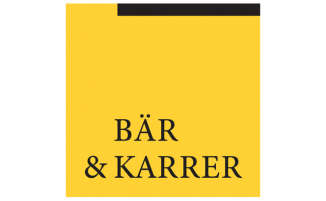1. What is the core philosophy or guiding principle of your law firm?
We have six keywords governing the overall philosophy of our firm:
a. SUSTAINABILITY: What makes a business sustainable? In our opinion, respect and regard toward all the resources that contribute to it: the firm’s professionals, whose growth and appreciation we foster; the work environment, made up of environmentally sustainable materials; the taxpayer, with whom we want to build a trust-based relationship; the institutions, with whom we want to have transparent discussions.
b. NETWORKING: Dialogue and discussion are the basis of our ‘networking’. Earnest, transparent, and solid personal relationships to work well, fully respecting know-how and rules. We work as a team creating positive synergies to foster the growth of our profession, of the national, European, and worldwide context.
c. INNOVATION: We are on a path of continuous evolution. Keeping an open mind is the way to innovate and improve our personal and professional relationships. We keep up with technology to improve our work and our clients’.
d. GROWTH: 360-degree growth and understanding: growth for the client and for the economy around us, professional growth by focusing on continuing education and on appreciating our professionals.
e. ESG: Environmental social governance: we deal with internal relationships by appreciating from time to time whoever has the right skills for the best possible result; we support our clients’ propensity towards ESG criteria; we respect the environment with environmentally sustainable choices; we devote part of our time to socially useful endeavours.
f. COMMITMENT: It’s obvious for a tax and law firm to strive for utmost commitment. We’ve chosen this principle to remind us of this, to clearly see that commitment does not just consist in doing our job well, but in doing so by ensuring that all our inspiring principles are still valid.
Continue reading “Sponsored Q&A: AndPartners”
















